Maria Sharapova returns to action in Las Vegas – all the pictures
Tennis star takes part in charity event despite having six months of her reduced drugs ban still to serve
A free daily email with the biggest news stories of the day – and the best features from TheWeek.com
You are now subscribed
Your newsletter sign-up was successful
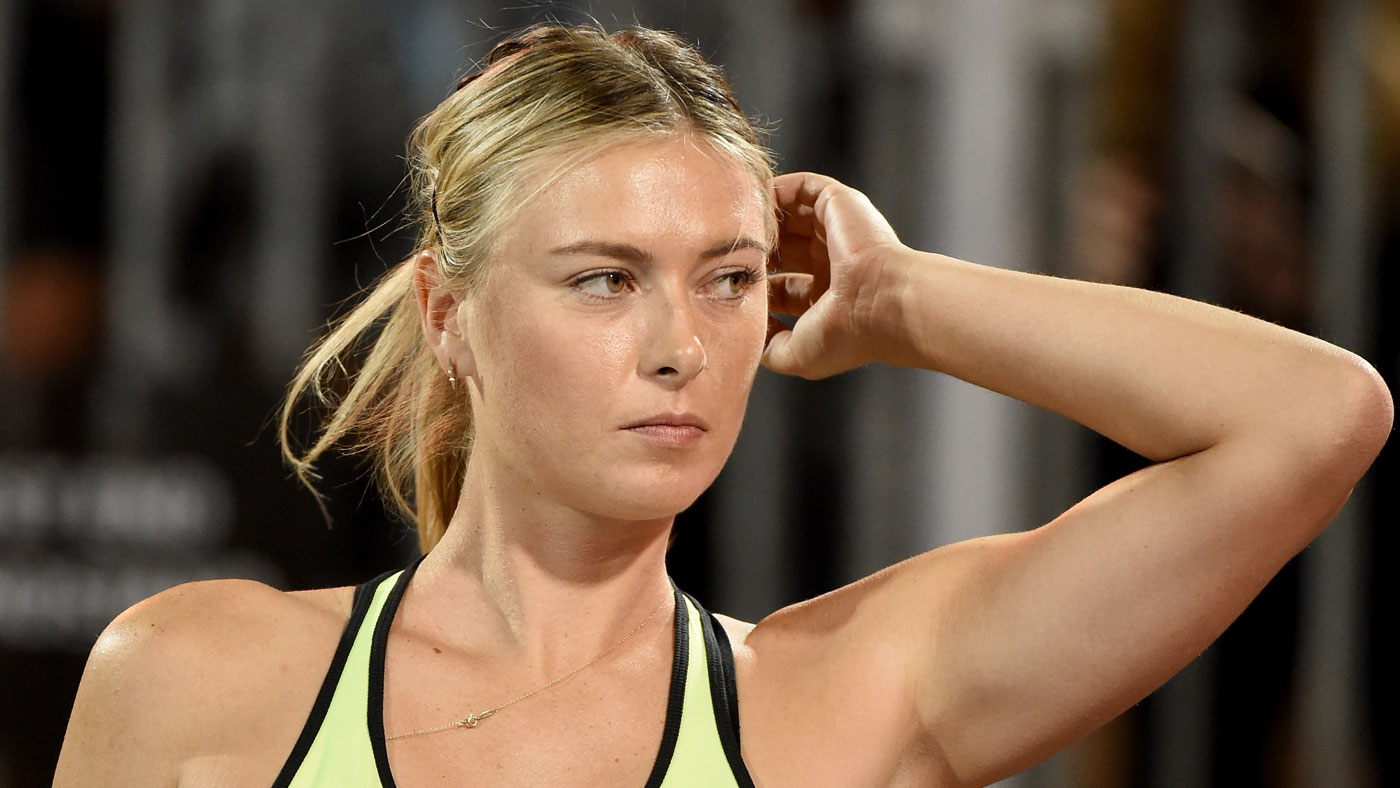
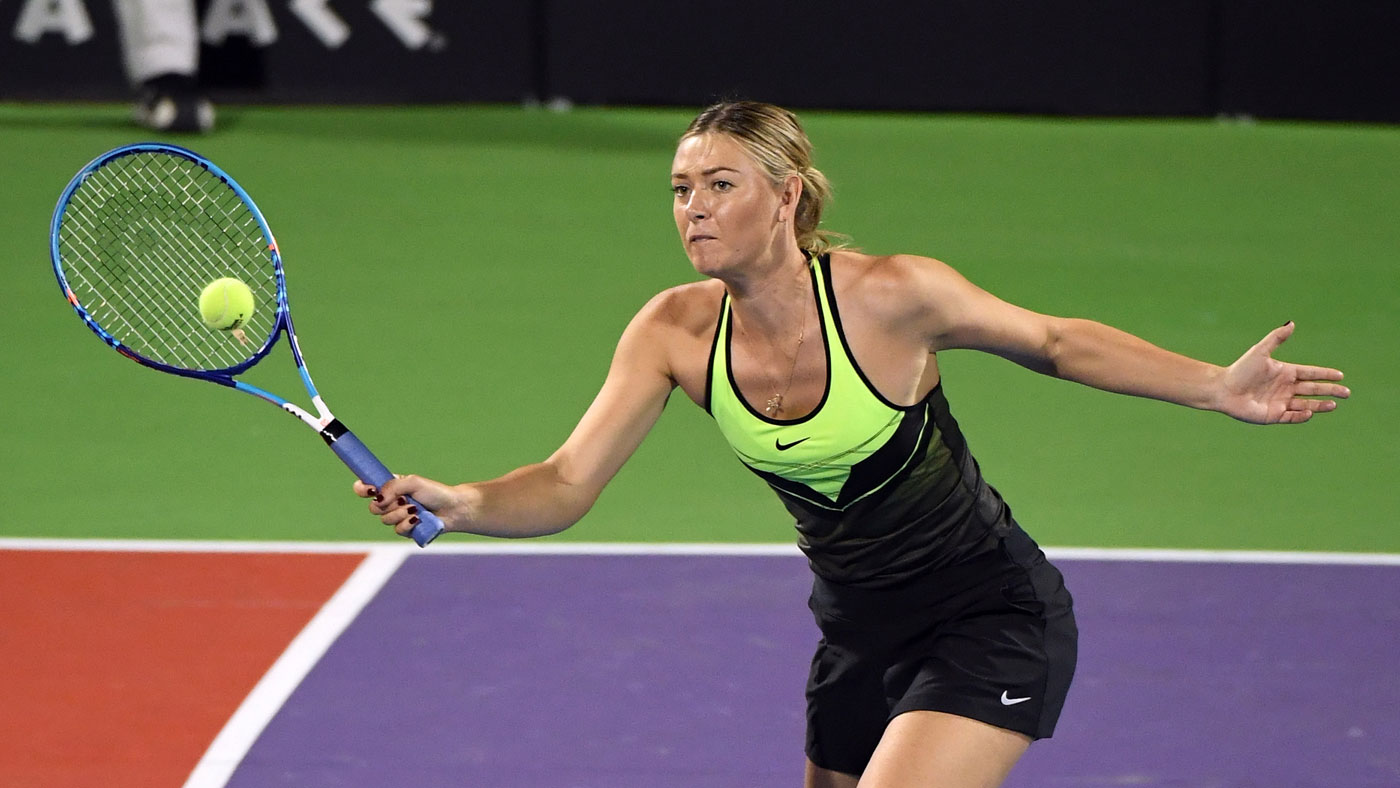
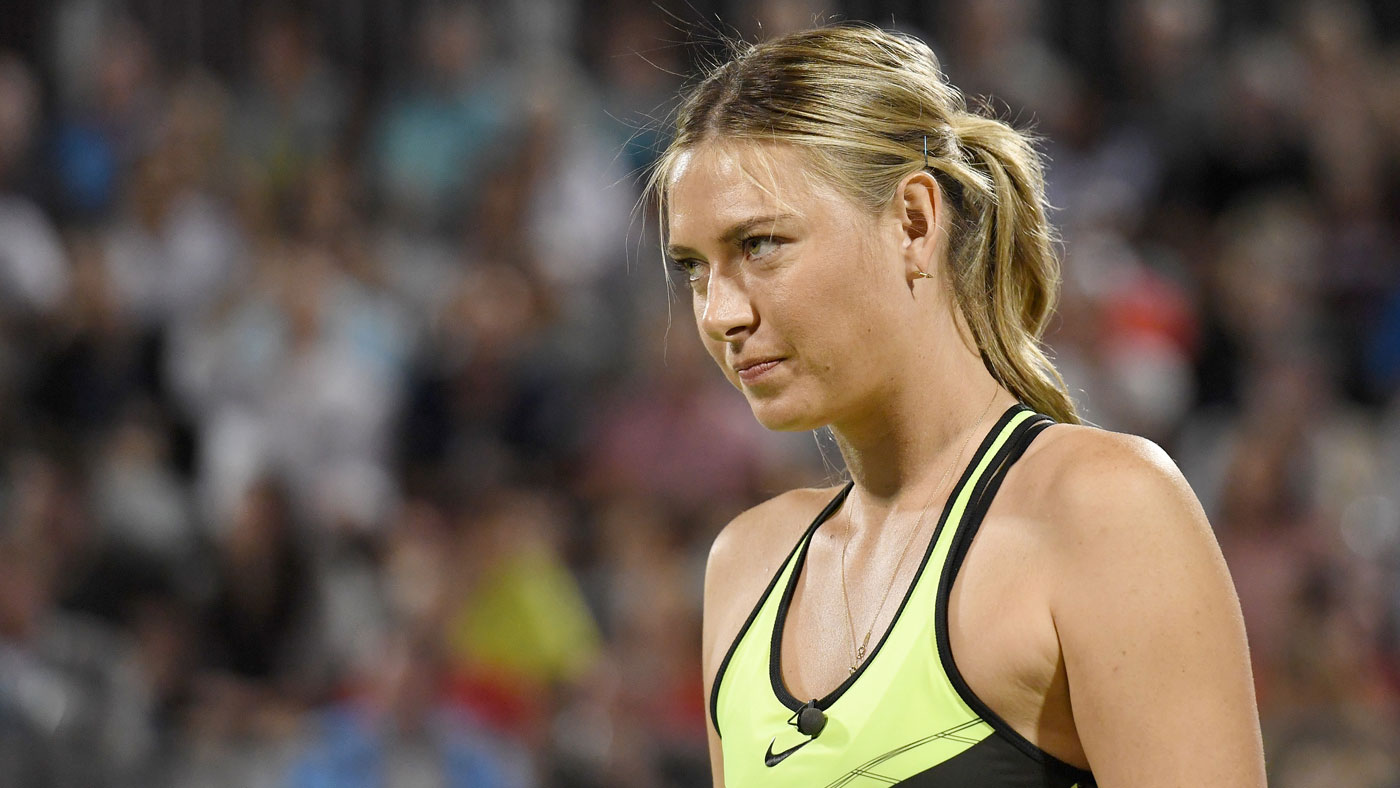
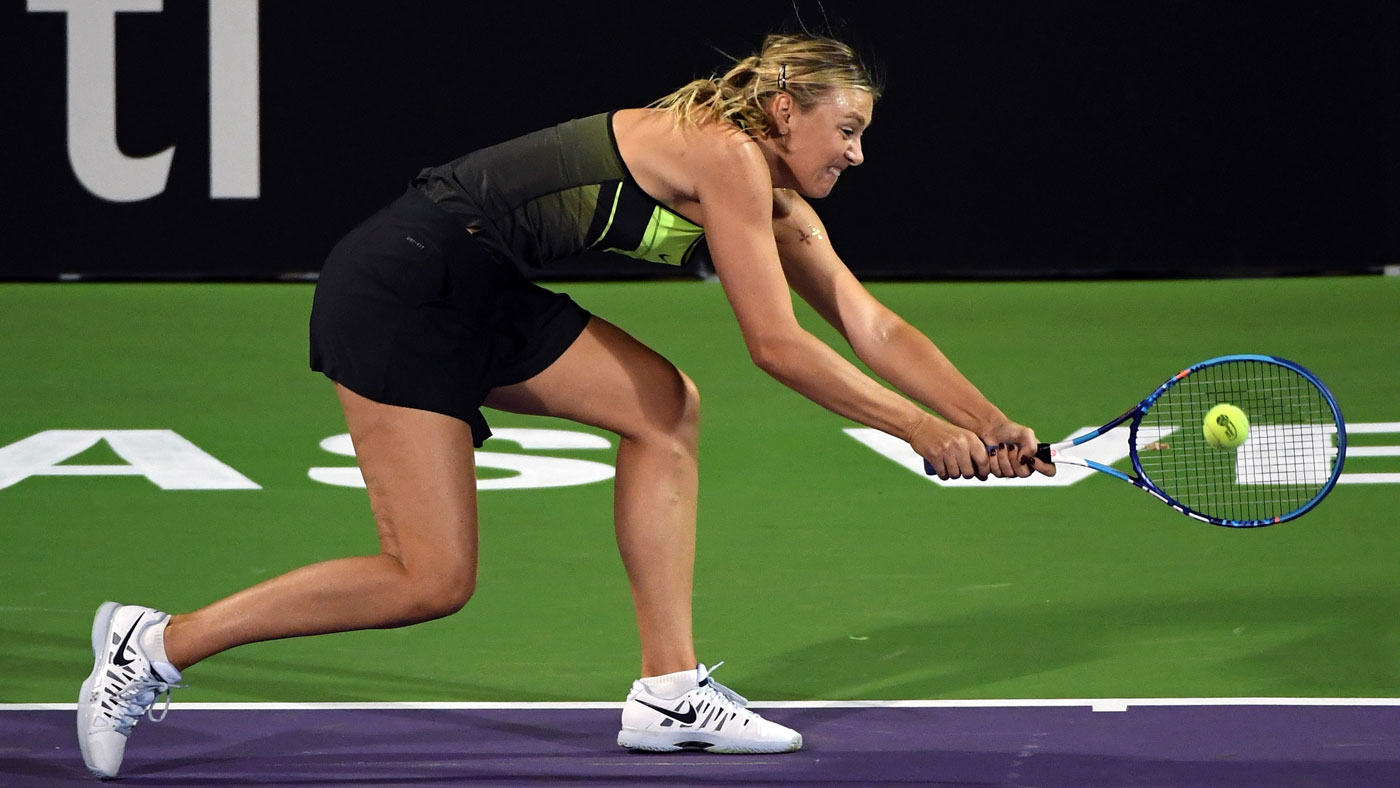
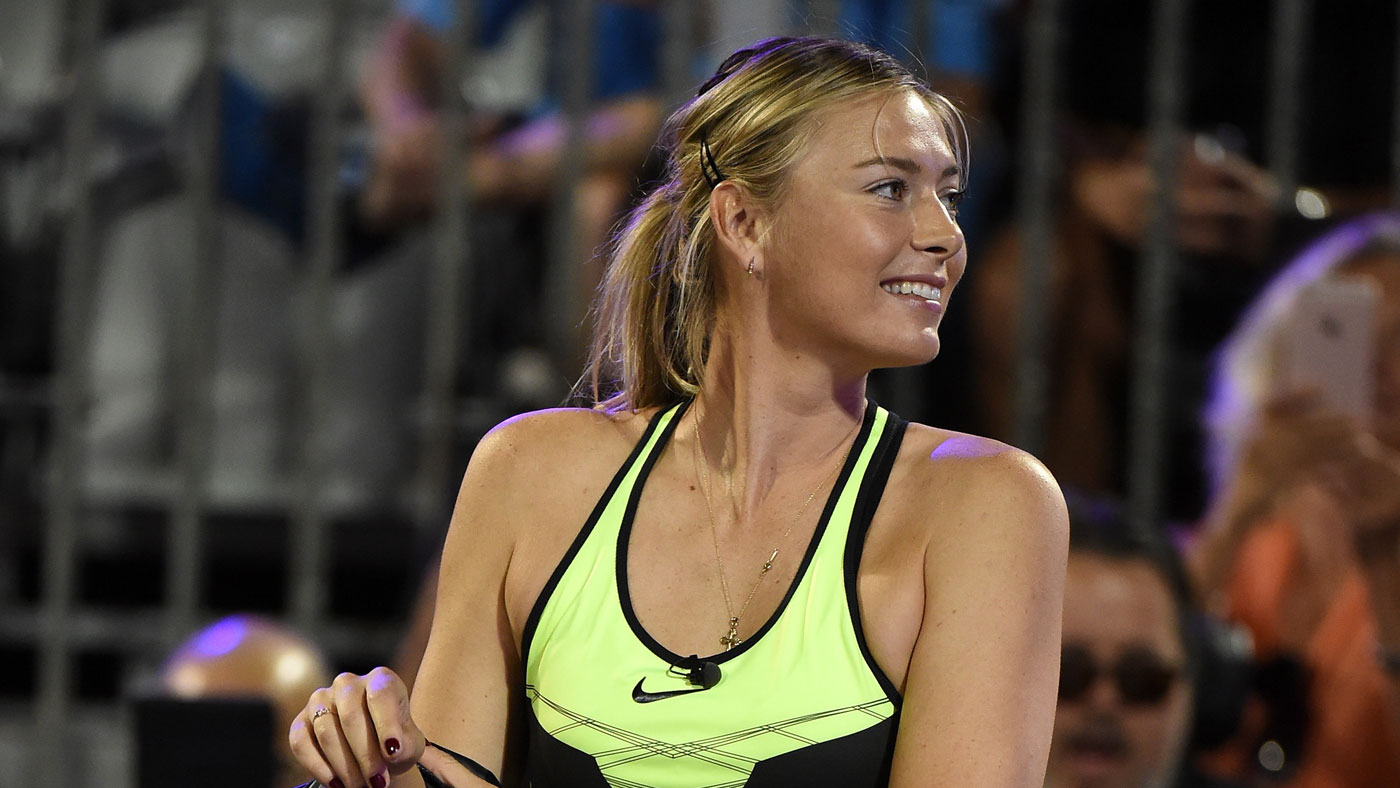
Maria Sharapova returned to the tennis court for the first time since her positive drug test at the Australian Open earlier this year, taking part in the World Team Tennis Smash Hits charity event in Las Vegas.
Last week, the Court of Arbitration for Sport reduced the 29-year-old player's two-year ban for using meldonium to 15 months.
Afterwards, she accused the International Tennis Federation of trying to make an example of her by pushing for a four-year ban.
The Week
Escape your echo chamber. Get the facts behind the news, plus analysis from multiple perspectives.

Sign up for The Week's Free Newsletters
From our morning news briefing to a weekly Good News Newsletter, get the best of The Week delivered directly to your inbox.
From our morning news briefing to a weekly Good News Newsletter, get the best of The Week delivered directly to your inbox.
Sharapova will not be able to play professionally again for six months, "although you wouldn't have guessed it on last night’s showing", says The Times.
The Russian took part in two "light-hearted doubles matches in the event at Caesar's Palace to benefit the Elton John Aids Foundation", reports the paper, adding she appeared "in high spirits as she laughed and joked her way through the evening. There were high-fives and hugs aplenty and she later tweeted that she had had 'a fun night'."
Her first game was alongside 16-year-old Taylor Johnson and she also teamed up with veteran John McEnroe in the final match of the night.
"You might have almost forgotten for a brief moment that Sharapova is actually still serving her ban for testing positive for meldonium at the Australian Open in January such was the reaction to her appearance both on and off the court," says the Daily Telegraph.
A free daily email with the biggest news stories of the day – and the best features from TheWeek.com
The Guardian says she "looked delighted to be back", while her fans were also queuing up to welcome her back to the court.

Maria Sharapova says ITF tried to make an example out of her
6 October
Russian tennis star Maria Sharapova has suggested that the International Tennis Federation and the World Anti-Doping Agency (Wada) may have punished her too harshly for her failed drug test earlier in the year, in an attempt to set an example to other athletes.
The 29-year-old was banned for two years after testing positive for meldonium at the Australian Open, with the Court of Arbitration for Sport reducing that ban to a period of 15 months on Tuesday.
When reducing Sharapova's sentence, CAS put some of the blame for the situation on the five-time Grand Slam winner and her management for failing to stop using the drug when it was placed on the banned list at the beginning of the year - but also ruled that Wada and the ITF could have done more to communicate the change to players.
"I don't want to think that," Sharapova told ESPN, when asked if she may have been specifically targeted to set an example. "I hate to think that. It's not a great feeling to even consider that.
"It's hard not to when the Tennis Federation asks for me to be banned for four years."
She continued her criticism of the ITF in an interview with Charlie Rose on PBS, saying: “I got a 24-month suspension but they [ITF] wanted four years for me. I went through the ITF hearing, which was in front of an arbitration panel which was chosen by the ITF.
“I am at a hearing [in London] knowing the people I am speaking to were chosen by the people I am actually in a fight with. They call that neutral? That is not neutral. CAS is neutral and this is what CAS has awarded to me.”
Nike stands by Maria Sharapova after two-year drugs ban
9 June
Maria Sharapova has been banned for two years by the International Tennis Federation [ITF] for using a banned substance. The 29-year-old Russian won't be seen on court again until January 2018 after she tested positive for meldonium at the Australia Open in January this year.
The ITF also said that Sharapova failed a meldonium test in an out-of-competition control in Moscow on 2 February.
When the five-time Grand Slam winner was provisionally banned in March after the tests came back positive, Sharapova strenuously denied any wrongdoing, explaining that she had been taking the Latvian-made drug for health reasons since 2006. Instead she blamed the result on an oversight, pointing out that meldonium, trade-named as Mildronate, was added to the list of banned substances by the ITF only on 1 January this year.
The case has split the tennis world with many coming to Sharapova's defence but others, like Andy Murray and Rafa Nadal, saying she deserved to be banned.
But the world number nine clearly feels the punishment doesn't fit the crime, responding to the two-year ban with a message posted on her Facebook account. "I cannot accept an unfairly harsh two-year suspension," she wrote. "With their decision of a two-year suspension, the ITF tribunal unanimously concluded that what I did was not intentional. The ITF asked the tribunal to suspend me for four years - the required suspension for an intentional violation - and the tribunal rejected the ITF's position."
Adding that she would launch an immediate appeal to the Court of Arbitration for Sport, Sharapova told her legion of supporters, 2.67 million of whom follow her on Twitter: "I have missed playing tennis and I have missed my amazing fans, who are the best and most loyal fans in the world. I have read your letters. I have read your social media posts and your love and support has gotten me through these tough days. I intend to stand for what I believe is right and that's why I will fight to be back on the tennis court as soon as possible."
The ITF issued a statement of its own in which it savaged the reputation of arguably the most glamorous star in tennis. "This was a deliberate decision, not a mistake," they declared. "Whatever the position may have been in 2006, there was in 2016 no diagnosis and no therapeutic advice supporting the continuing use of Mildronate. If she had believed that there was a continuing medical need to use Mildronate then she would have consulted a medical practitioner. The manner of its use, on match days and when undertaking intensive training, is only consistent with an intention to boost her energy levels... and the lack of any medical justification must inevitably lead to the conclusion that she took Mildronate for the purpose of enhancing her performance.
The World Anti-Doping Agency said it will review the decision before deciding whether to lodge an appeal of its own to Court of Arbitration for Sport. There is the possibility that WADA will ask for the ban to be increased from two to four years, as originally requested by the ITF
But whatever the outcome, Sharapova's image, so carefully nurtured since the day she beat Serena Williams to win the 2004 Wimbledon title aged 17, has been irreparably damaged, despite the curious decision of Nike to resume its partnership deal with the tarnished Russian. "Based on the decision of the ITF and their factual findings, we hope to see Maria back on court and will continue to partner with her," said Nike, in a press statement that the Daily Telegraph believes could lead to a "backlash" against the sportswear giant.
As the paper pointed out, Nike justified its decision on the grounds Sharapova had been cleared of intentionally doping by using meldonium, "overlooking the panel's findings that she used it to enhance her performance"
-
 Trump’s EPA kills legal basis for federal climate policy
Trump’s EPA kills legal basis for federal climate policySpeed Read The government’s authority to regulate several planet-warming pollutants has been repealed
-
 Political cartoons for February 13
Political cartoons for February 13Cartoons Friday's political cartoons include rank hypocrisy, name-dropping Trump, and EPA repeals
-
 Palantir's growing influence in the British state
Palantir's growing influence in the British stateThe Explainer Despite winning a £240m MoD contract, the tech company’s links to Peter Mandelson and the UK’s over-reliance on US tech have caused widespread concern
-
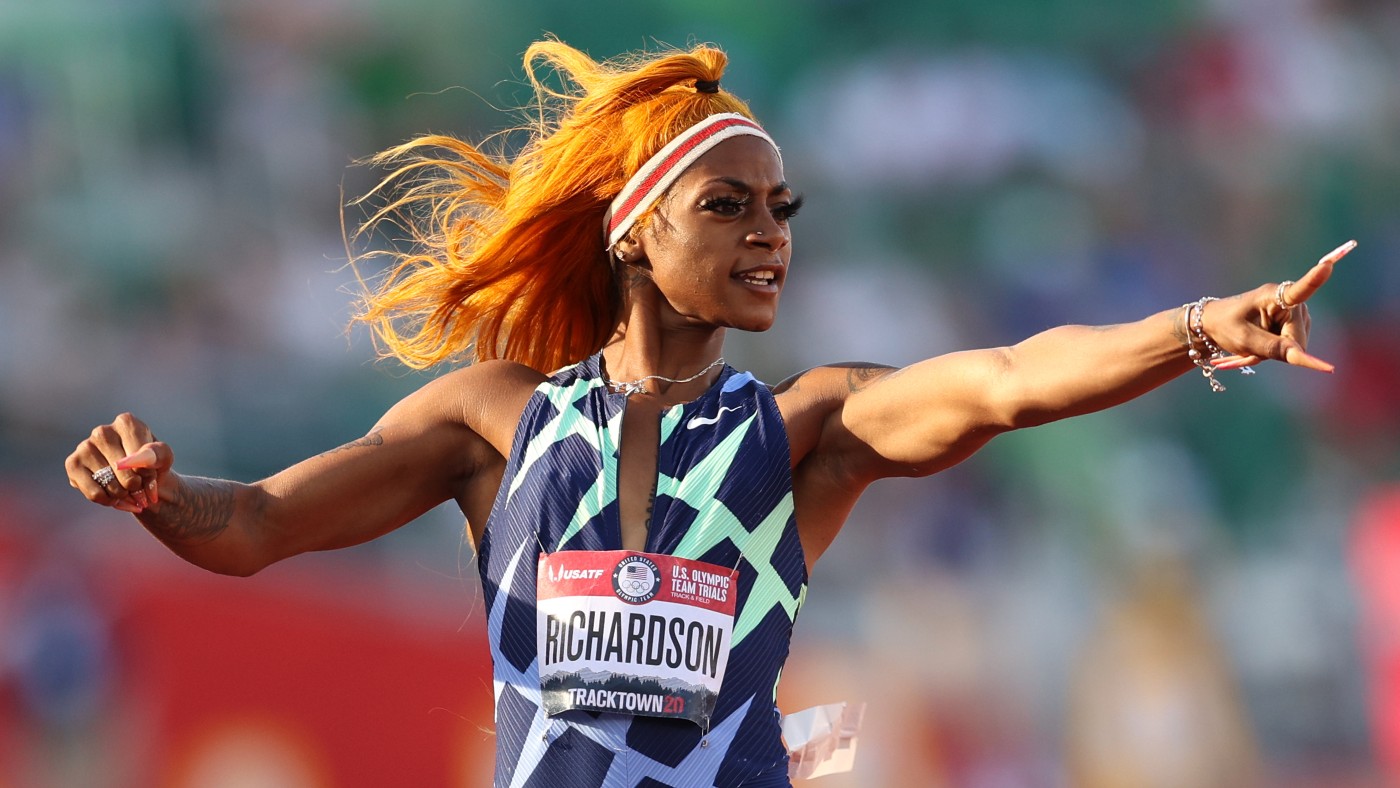 Doping in sport: should cannabis be on the list of banned substances?
Doping in sport: should cannabis be on the list of banned substances?feature World Anti-Doping Agency will launch a scientific review next year
-
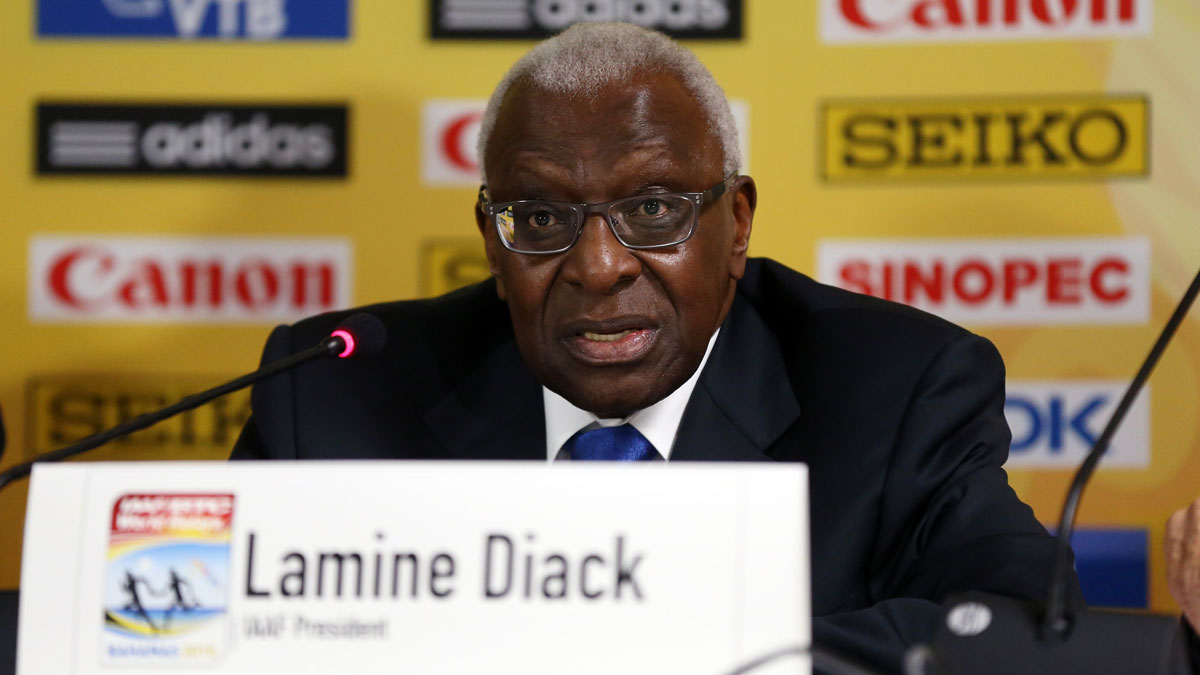 Sports shorts: disgraced athletics chief Lamine Diack goes on trial, Patrick Mahomes inspires Chiefs
Sports shorts: disgraced athletics chief Lamine Diack goes on trial, Patrick Mahomes inspires ChiefsDaily Briefing Ten things from the world of sport on Monday 13 January
-
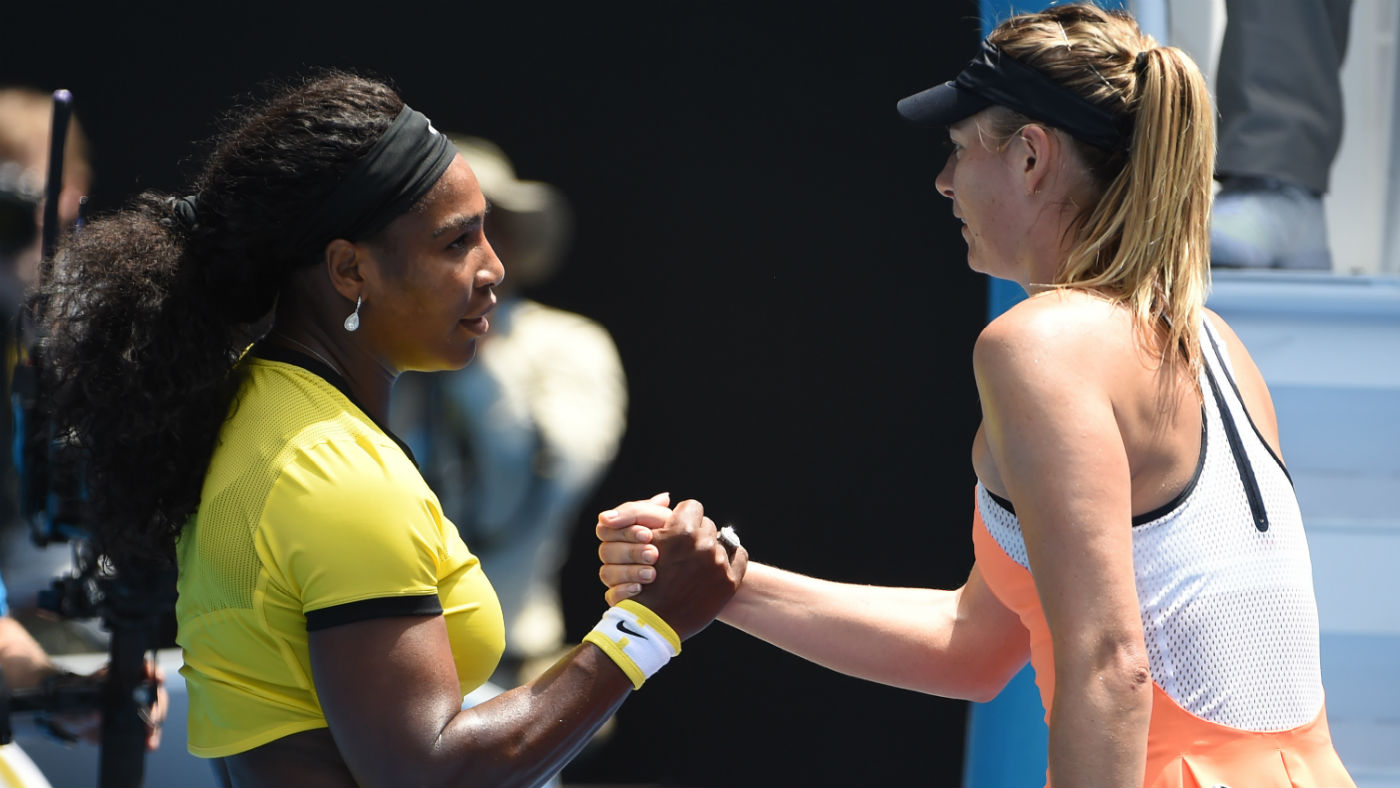 French Open: injured Serena Williams withdraws ahead of Maria Sharapova clash
French Open: injured Serena Williams withdraws ahead of Maria Sharapova clashSpeed Read The 23-time Grand Slam winner can’t physically serve because of a pectoral muscle problem
-
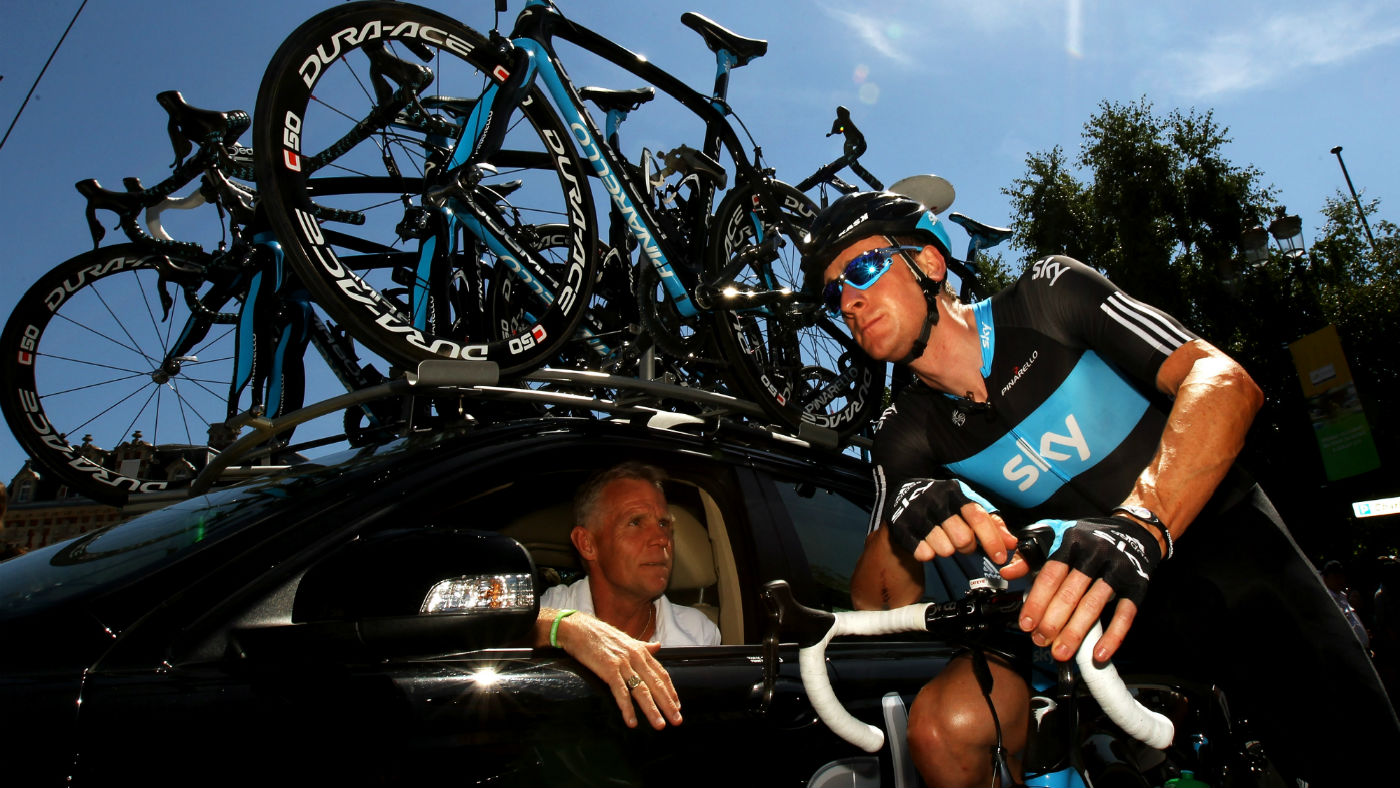 Shane Sutton: Bradley Wiggins should ‘tell the truth’
Shane Sutton: Bradley Wiggins should ‘tell the truth’Speed Read Former Team Sky coach believes there should be a full explanation about the use of triamcinolone
-
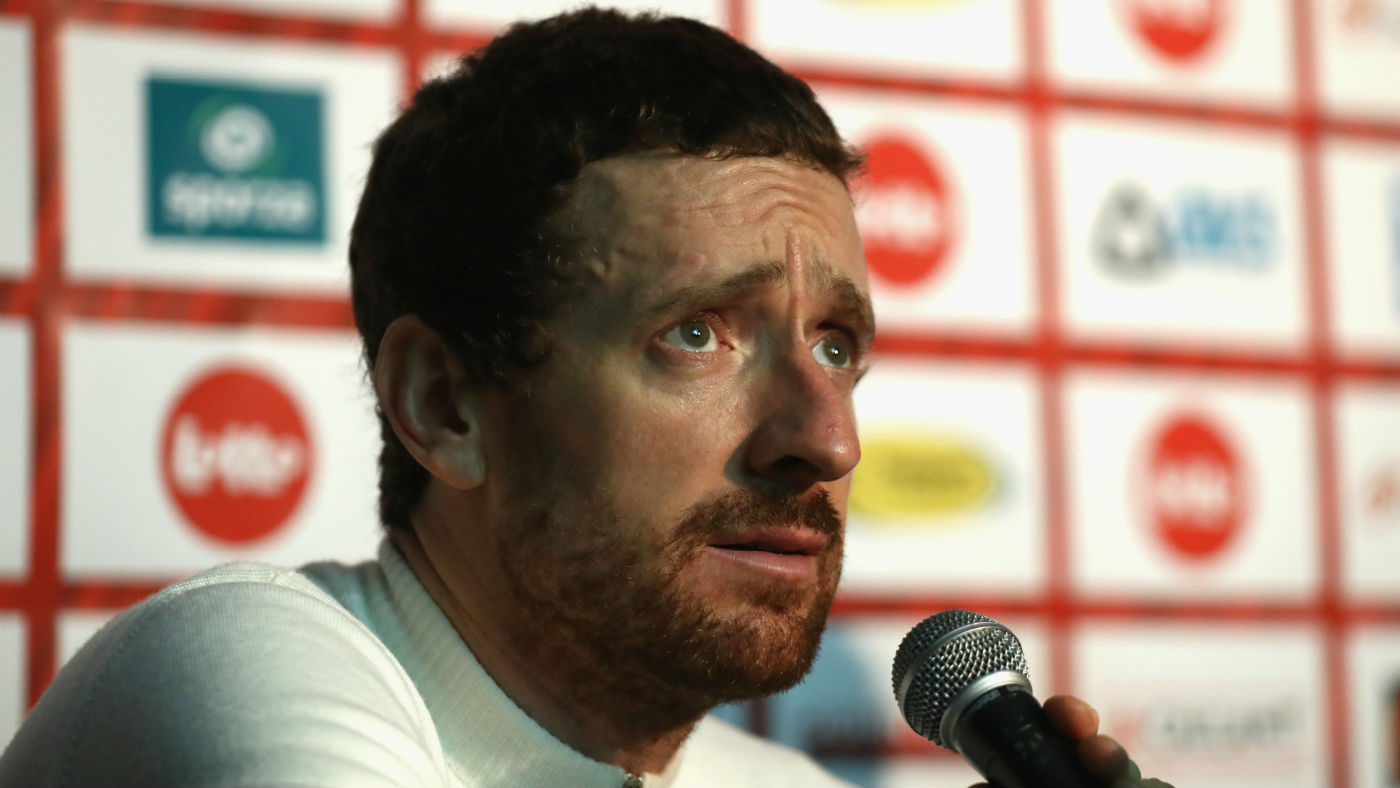 Bradley Wiggins: ‘I did not cheat - this is a malicious smear campaign’
Bradley Wiggins: ‘I did not cheat - this is a malicious smear campaign’Speed Read Former Team Sky cyclist gives emotional interview after DCMS report accusations
-
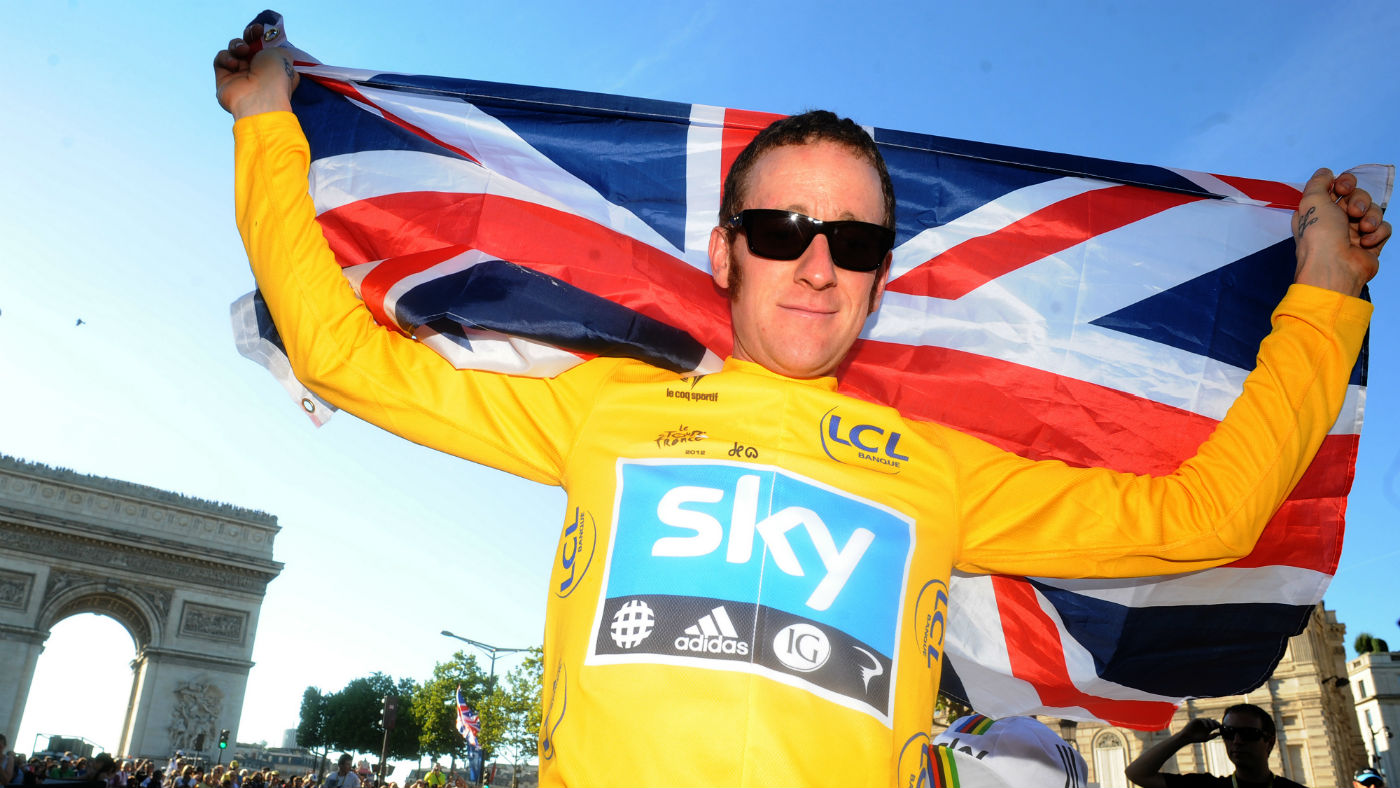 Team Sky and Bradley Wiggins crossed an ethical line says doping report
Team Sky and Bradley Wiggins crossed an ethical line says doping reportIn Depth In Depth: Cyclist denies the accusations and says the DCMS committee’s findings are ‘sad’
-
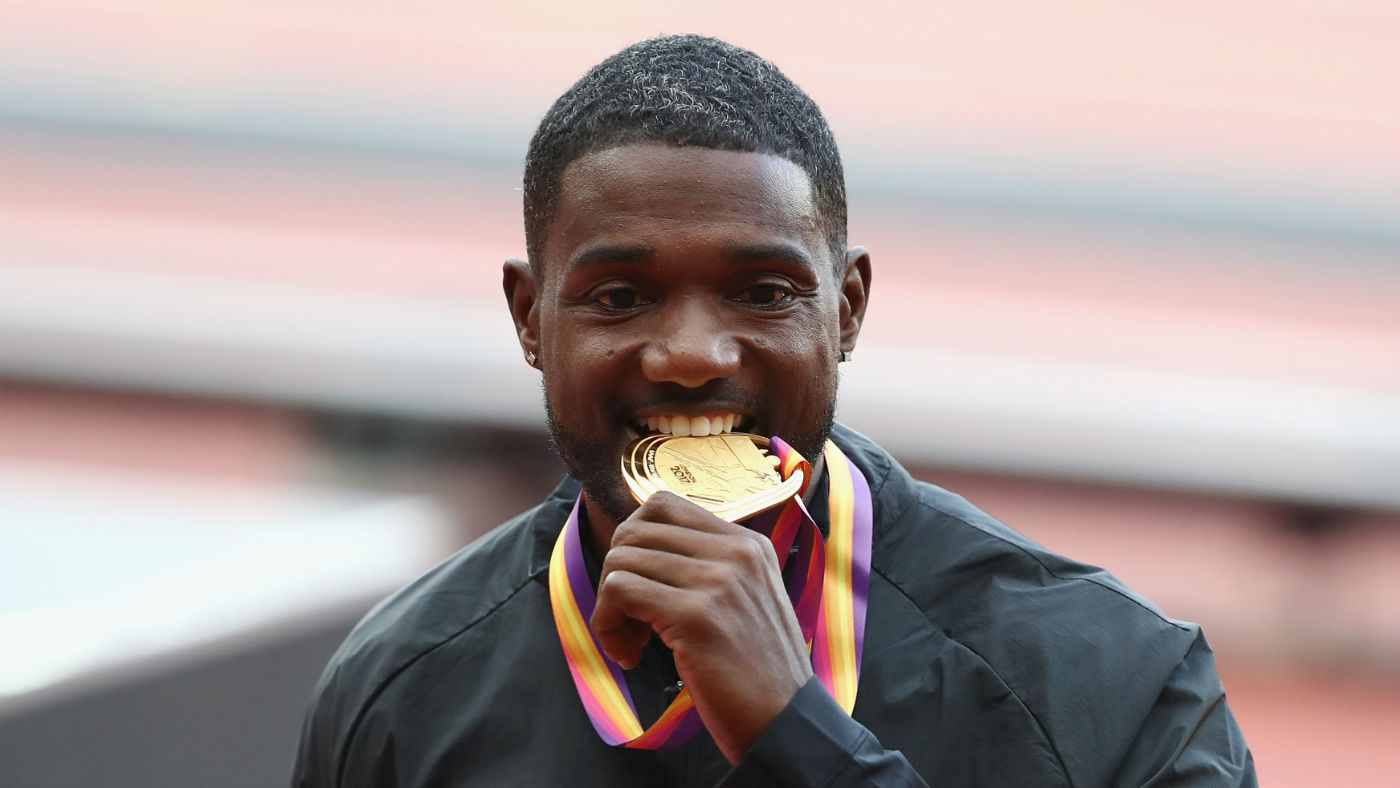 Justin Gatlin: I am not using performance-enhancing drugs
Justin Gatlin: I am not using performance-enhancing drugsSpeed Read Newspaper claims 100m champion’s past test samples to be rerun
-
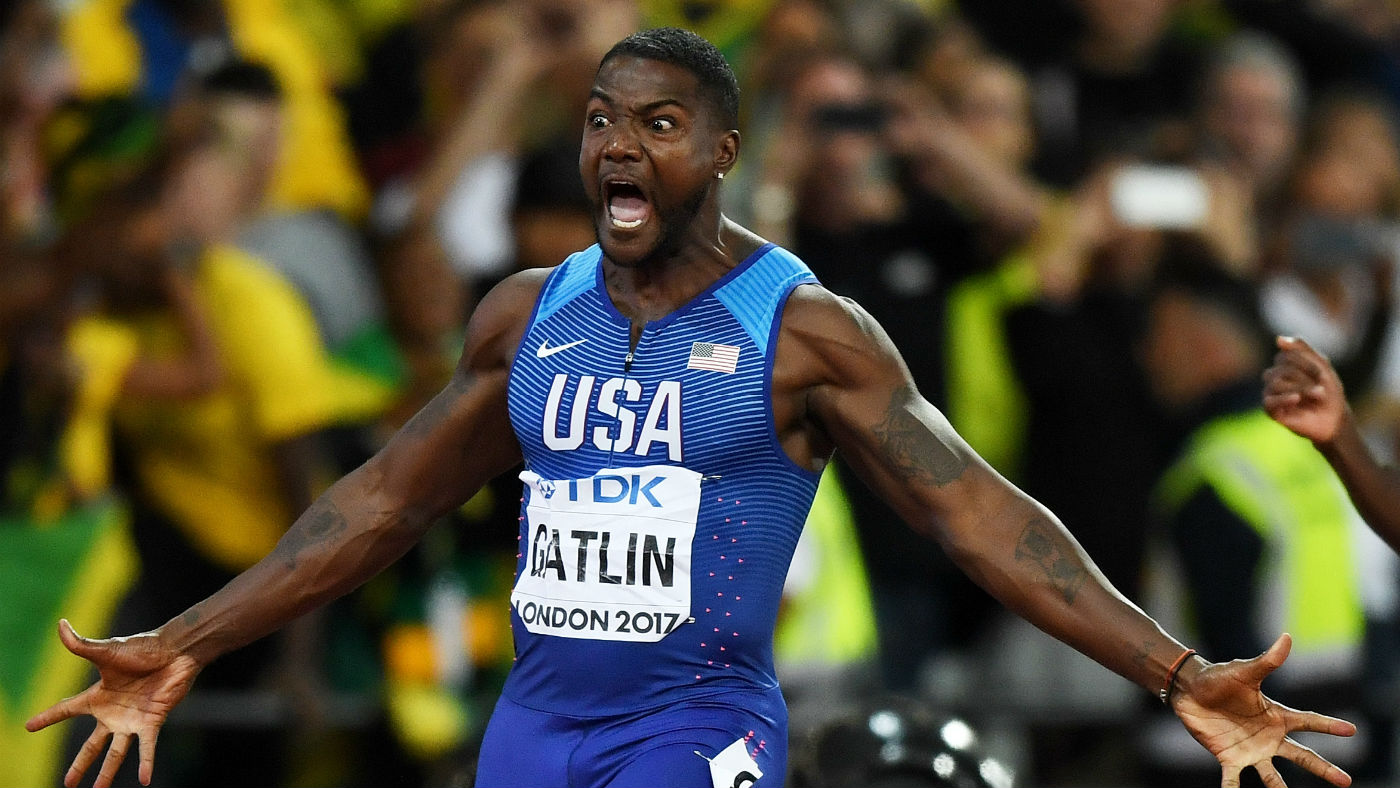 Justin Gatlin: world champion’s team involved in new doping scandal
Justin Gatlin: world champion’s team involved in new doping scandalSpeed Read Sprinter fires coach after allegations that performance-enhancing drugs were offered to undercover journalist